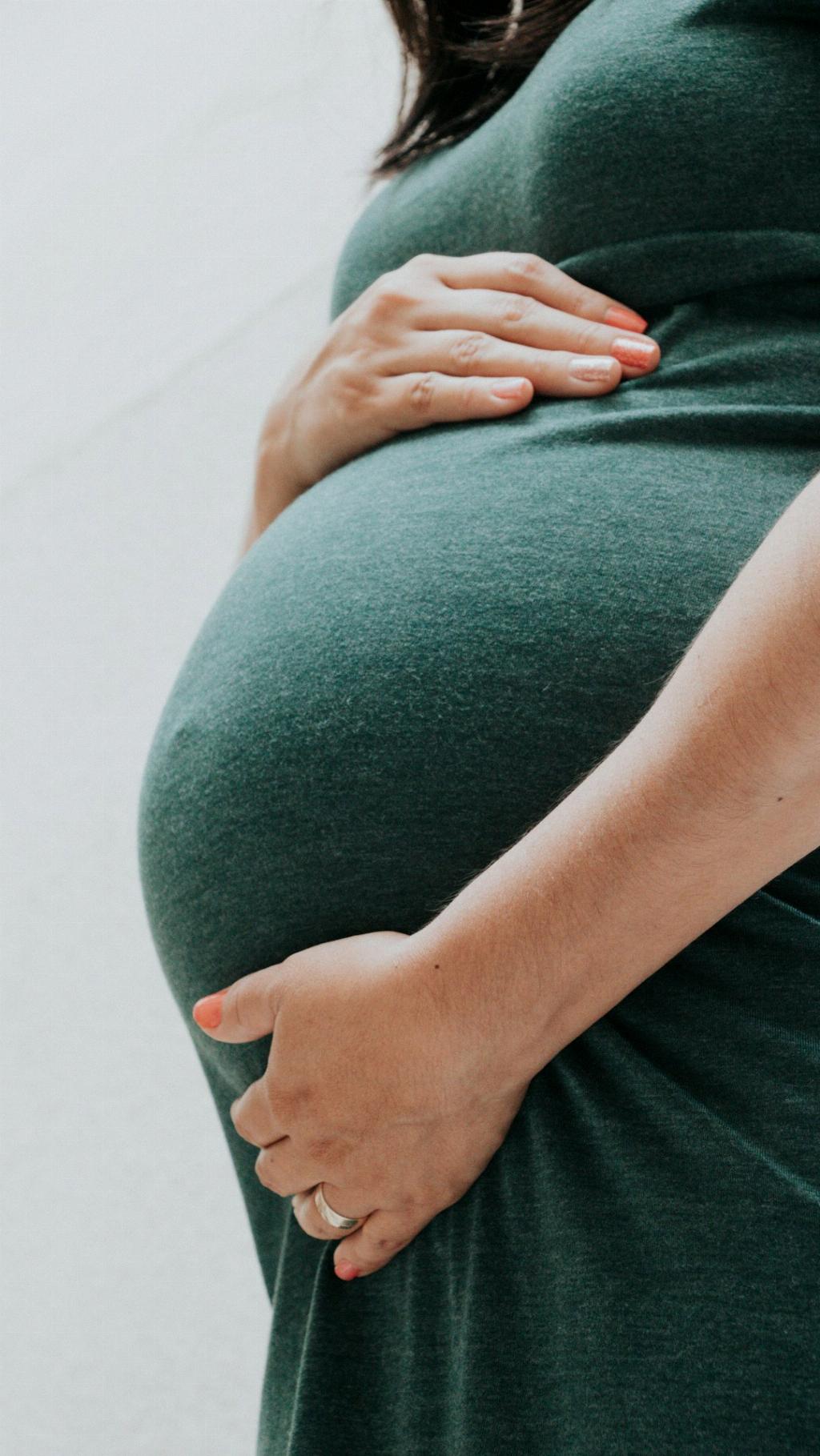When it comes to enjoying a cup of coffee during pregnancy, many expectant mothers often wonder about the safety of consuming caffeine. While moderate caffeine intake is generally considered safe during pregnancy, some women may prefer to opt for decaf coffee to minimize their caffeine intake. However, not all decaf coffees are created equal, and it’s essential to know which ones are safe for pregnancy.
Understanding the Decaffeination Process
Decaf coffee is coffee that has undergone a decaffeination process to remove most of its caffeine content. There are several methods used to decaffeinate coffee beans, with the Swiss Water decaffeination method being one of the most popular choices. This method uses only water and osmosis to remove caffeine, without the use of chemicals.
Why Swiss Water Decaf Is a Safe Choice
The Swiss Water decaffeination process is known for guaranteeing the removal of 99.9% of the caffeine from coffee beans. This results in decaf coffee that contains only about 2mg of caffeine per 8 oz cup, making it a safe option for pregnant women looking to enjoy a coffee treat without worrying about excessive caffeine intake.
Organic Swiss Water Decaf: A Safe Bet for Pregnancy
For pregnant women who are concerned about their caffeine consumption but still want to savor the flavor of coffee, organic Swiss Water decaf is a reliable choice. This type of decaf coffee ensures that you can enjoy your favorite beverage without compromising your health or the well-being of your baby.
Benefits of Choosing Organic Decaf Coffee
Opting for organic decaf coffee, such as Swiss Water decaf, offers additional benefits beyond just caffeine removal. Organic coffee is cultivated without the use of synthetic pesticides and fertilizers, making it a healthier choice for both you and the environment. By choosing organic decaf coffee, you can enjoy your cup of joe with peace of mind.
How to Identify Safe Decaf Coffee Brands
When shopping for decaf coffee during pregnancy, it’s essential to look for reputable brands that prioritize quality and safety. Check the labels for information on the decaffeination process used, ensuring that it is a natural and chemical-free method like Swiss Water decaf. Additionally, opt for organic varieties to minimize exposure to harmful chemicals.
Common Concerns About Decaf Coffee
One common concern about decaf coffee is its taste, with some people worrying that it may not be as flavorful as regular coffee. However, with advancements in decaffeination techniques, modern decaf coffees can retain much of the rich flavor profile of their caffeinated counterparts, providing a satisfying coffee experience without the jitters.
Consulting Your Healthcare Provider
As with any dietary choices during pregnancy, it’s essential to consult your healthcare provider before making significant changes. If you have concerns about consuming decaf coffee while pregnant, discuss them with your doctor or midwife to ensure that it aligns with your individual health needs and overall wellness.
Enjoying Decaf Coffee Responsibly
While decaf coffee is generally considered safe for pregnancy, it’s crucial to enjoy it in moderation. Limit your intake to a few cups per day to avoid excessive caffeine consumption. Remember that decaf coffee still contains small amounts of caffeine, so be mindful of your overall caffeine intake from other sources as well.
Conclusion: Decaf Coffee for Pregnant Women
In conclusion, choosing the right decaf coffee can be a safe and enjoyable option for pregnant women looking to indulge in a comforting cup of coffee minus the caffeine. With organic Swiss Water decaf as a reliable choice, you can sip your favorite brew with confidence, knowing that you are making a health-conscious decision for yourself and your baby.

